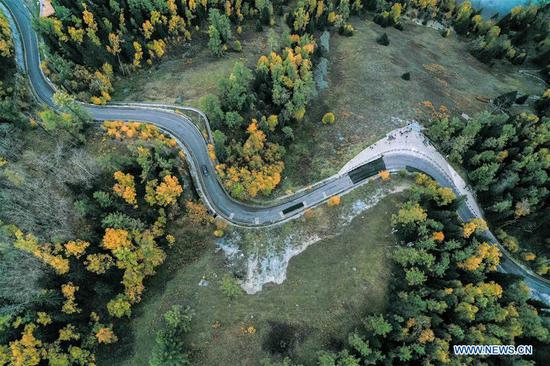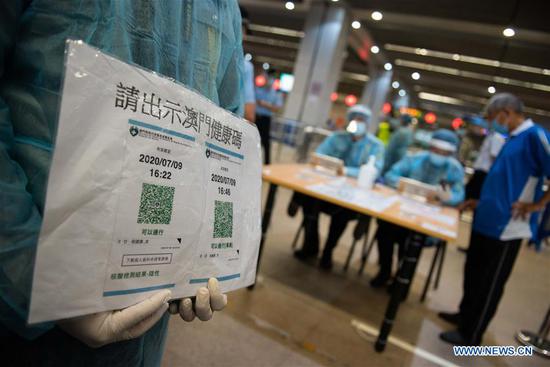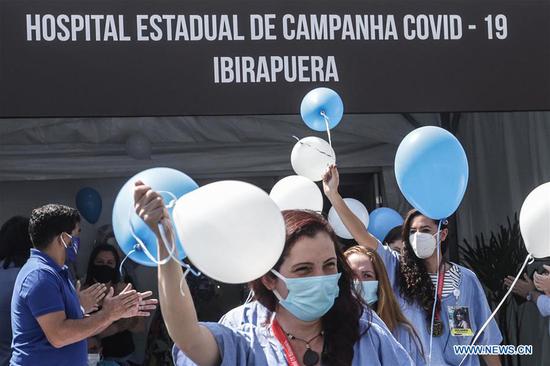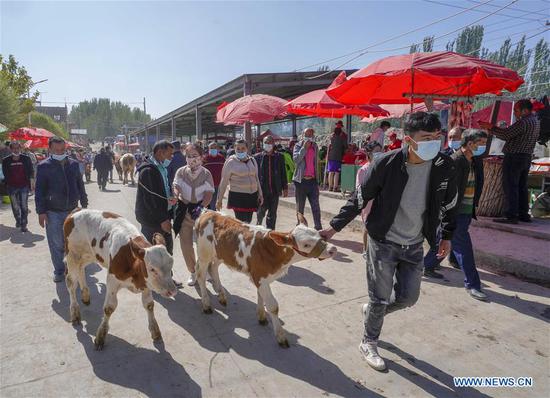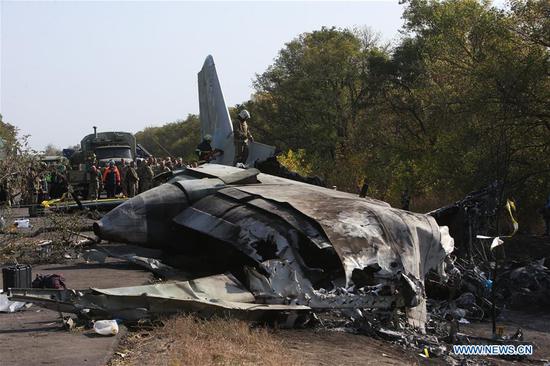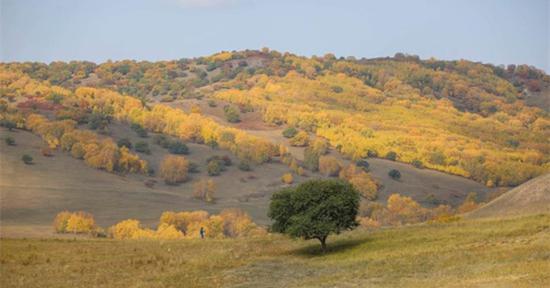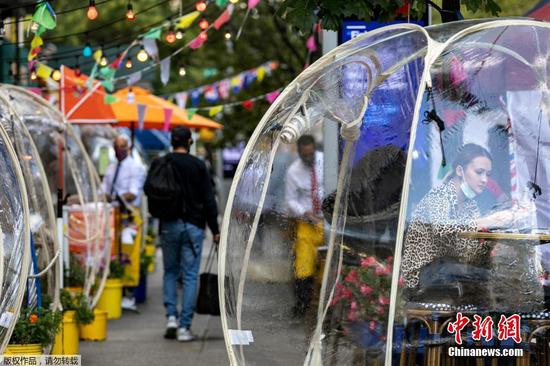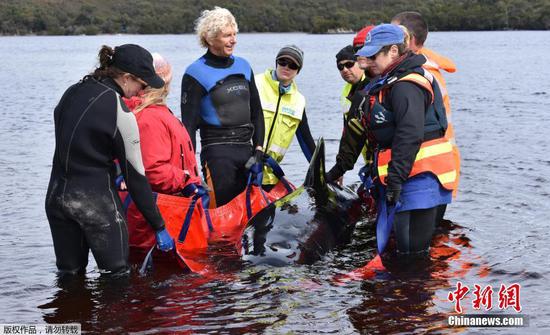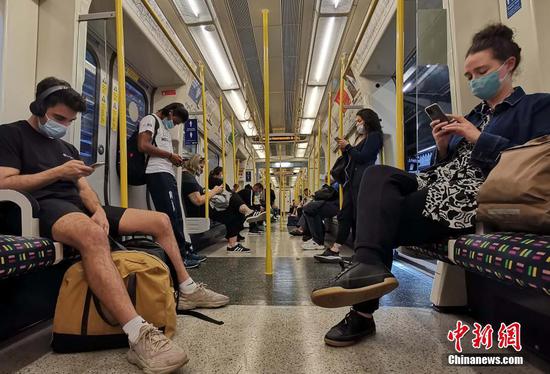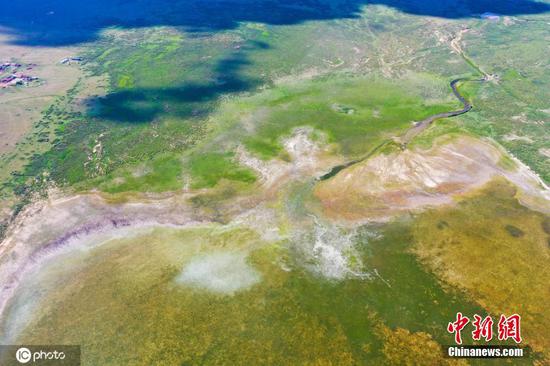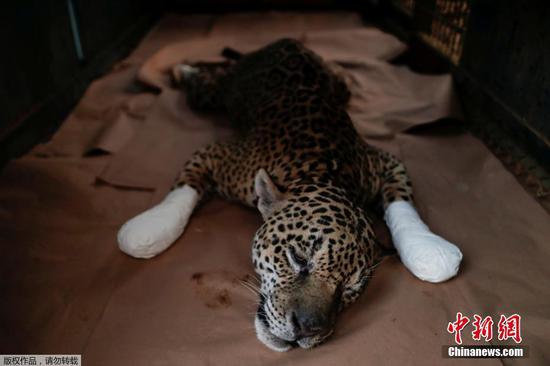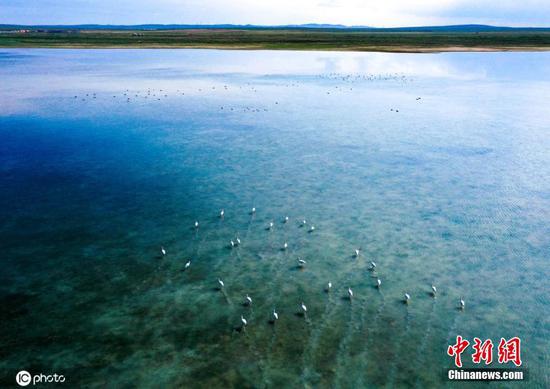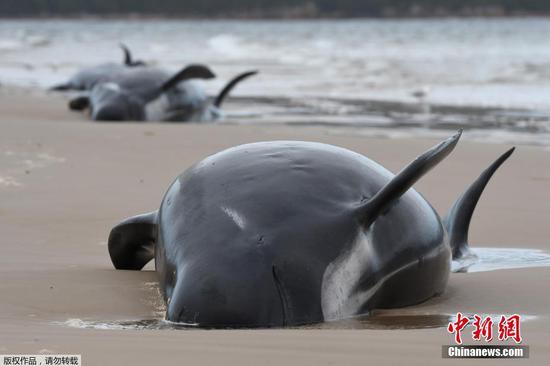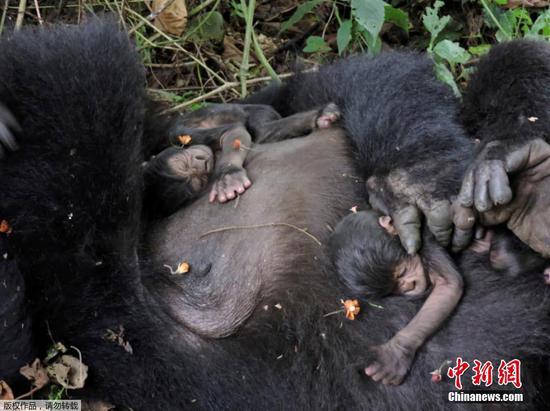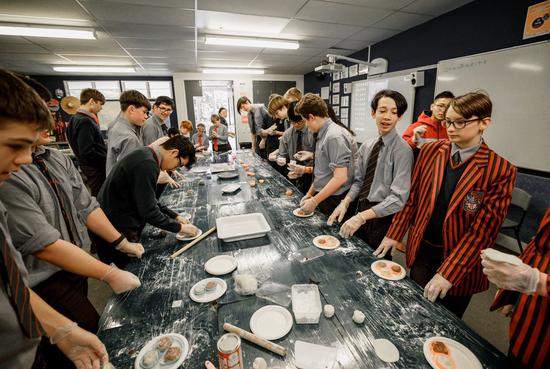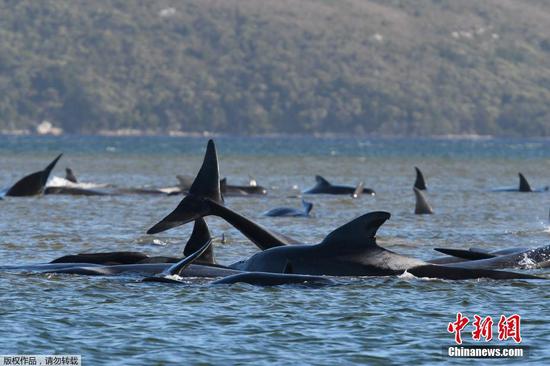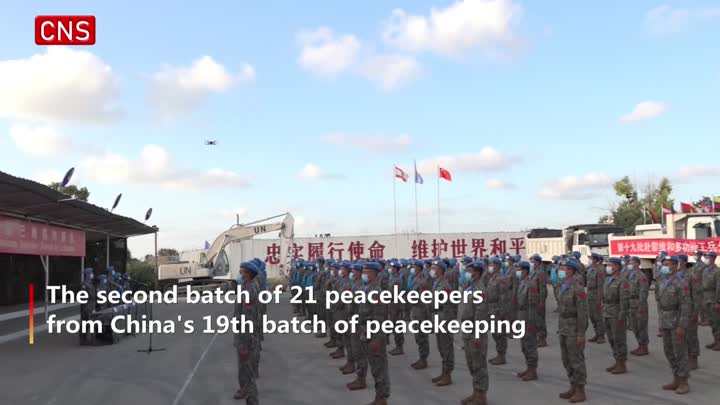British Prime Minister Boris Johnson has warned that Britain's coronavirus pandemic may be "bumpy through to Christmas" as the country continues to see a sharp rise in infections, local media reported Sunday.
"I've got to tell you in all candour it's going to continue to be bumpy through to Christmas, it may even be bumpy beyond," he said in an interview with the BBC's Andrew Marr Show program.
"This could be a very tough winter for all of us -- we've got to face that fact," Johnson said.
The prime minister made the remarks as his Conservative party holds its annual conference online. More than a third of Britain's population is now under heightened restrictions, according to the BBC.
"I don't want to have to impose measures like this...this is the last thing we want to do. But I also have to save life. And that's our priority," he said.
"That's the priority of the British people and I think they will want to see their government continue to work, continuing to fight the virus and that's what we're doing," he said.
Johnson said a "radically different" situation may appear by the spring next year. "We will find all sorts of ways, I'm absolutely sure, particularly through mass testing programs, of changing the way that we tackle this virus."
Britain's R number, which shows the coronavirus reproduction, has risen to as high as 1.6, the latest official figures showed Friday.
If the reproduction rate is above one, it means the number of cases will increase exponentially.
Another 12,872 people in Britain have tested positive for COVID-19, bringing the total number of coronavirus cases in the country to 480,017, according to official figures released Saturday.
The daily increase, which nearly doubled Friday's 6,968 cases, is partly due to a technical issue which had resulted in a delay of reporting data over the past week, according to a government statement.
Meanwhile, to bring life back to normal, countries, such as Britain, China, Russia and the United States, are racing against time to develop coronavirus vaccines.
The British government's Chief Scientific Adviser Patrick Vallance has said that it is possible that some vaccine could be available in small amounts later this year, but it is more likely that a vaccine will be available early next year, although that is not guaranteed.









